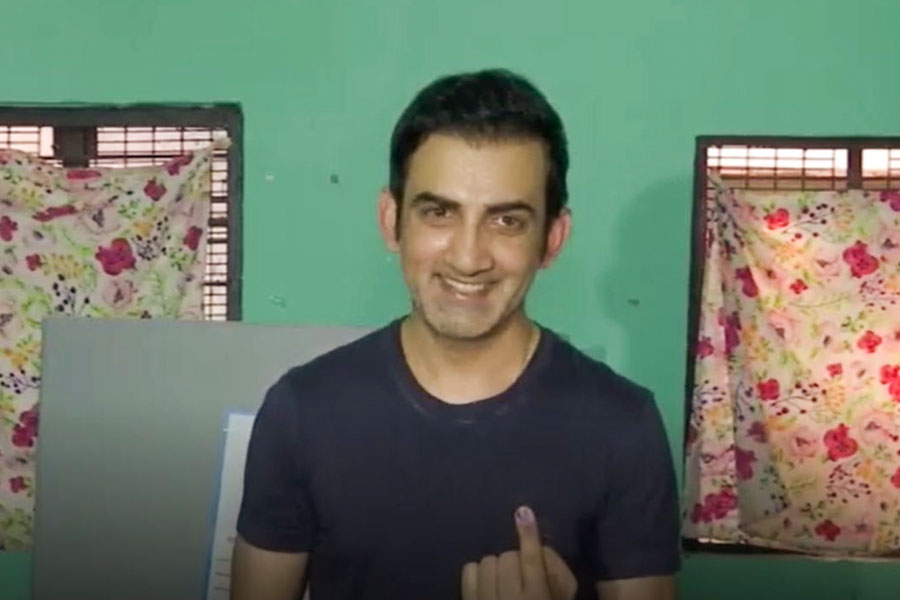The Supreme Court on Thursday ruled that once a special PMLA court takes cognisance of a complaint, the Enforcement Directorate is "powerless" to arrest an accused without the court's permission.
"Cognisance" refers to a judicial court applying its mind to a complaint filed before it, either by the investigating agency or a private complainant, to examine whether summons or warrants should be issued against an accused.
While passing the judgment, the apex court also frowned on the alleged practice among some special courts, formed under the Prevention of Money Laundering Act (PMLA), of taking accused into custody when they appear in answer to summons.
Senior advocate Sidharth Luthra, appearing for a batch of accused persons, and other lawyers had complained that this practice among some special courts was compelling their clients to apply for bail or anticipatory bail under the PMLA’s stringent provisions.
“…Such a practice, if followed by some special courts, is completely illegal. Such a practice may offend the right to liberty guaranteed by Article 21 of the Constitution of India,” the bench of Justice Abhay S. Oka and Justice Ujjal Bhuyan said.
The apex court rejected the argument of the ED, represented by additional solicitor-general S.V. Raju, that once an accused appears before the special court, they are deemed to be in custody.
“Once cognisance is taken of the offence punishable under Section 4 of the PMLA, the special court is seized of the matter,” Justice Oka, who authored the judgment, said.
“After the cognisance is taken, the ED… (is) powerless to arrest an accused named in the complaint.”
But, while pursuing its investigation into the same case, the ED is free to arrest a person (presumably a new suspect) who has not been shown as an accused in the complaint before the special court, the judgment said.
On the allegation against some of the special courts themselves, the apex court said: “We cannot countenance a situation where… after the filing of the complaint, after he (accused) appears in compliance with the summons, he is taken into custody and forced to apply for bail.”
If the ED wants custody of an accused who has appeared in the special court after being served with summons, it must apply to the special court, the bench said.
After hearing the accused, the special court must pass an order on the application by recording brief reasons.
While hearing such an application, the court may permit custody only if it is satisfied that custodial interrogation at that stage is required, the bench said.










